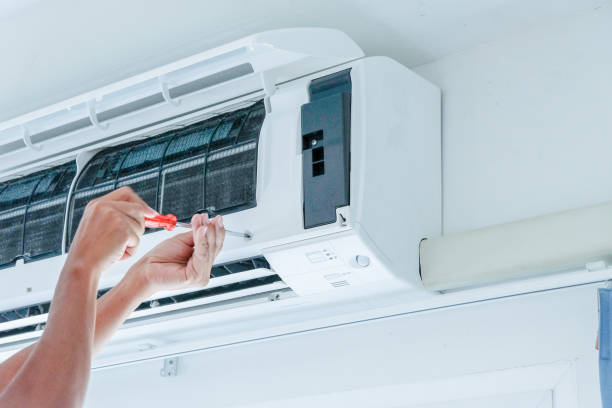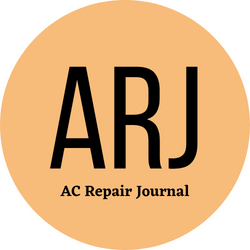What is HVAC and what does it do
by siteadmin

HVAC systems are used to heat or cool commercial and residential spaces, as well as to manage indoor air.
HVAC systems rely on ductwork. Rigid sheetmetal ducts can be found in many homes. These durable and easy-to clean options are less likely to harbor mold.
Heating
Understanding HVAC may initially seem intimidating, but you don't have too. Understanding heating, cooling and all its component products allows homeowners to choose the maintenance plan that best suits their comfort needs.
HVAC systems are made up of devices like furnaces and air conditioners. Mechanical ventilation is used to improve indoor air. The HVAC system may also include ductwork or thermostats that monitor temperatures.
Furnaces can be powered by propane or gas to heat a room. Air conditioners are used to cool homes. They cool the home by turning refrigerant in liquid form that absorbs and transfers heat. Then they use a blower to circulate cool air throughout the ductwork pipes systems. HVAC equipment, like air filters and vent cleaners, help keep indoors cleaner by filtering contaminants; programmable thermostats save energy by controlling how often systems run and changing temperature settings.
Cooling
HVAC equipment will provide comfort for homes and workplaces in areas where the climate is not uniformly pleasant. HVAC units work through heating or cooling, controlling humidity, cleaning indoor air as required, and filtering particles from circulation. They can also provide ventilation and remove particles.
Heating equipment uses electricity or propane gas for heating, while cooling equipment uses a refrigerant that moves heat from warm areas to cool ones. Most residential systems have a central heating or cooling unit, which may include a heat pump, boiler or furnace.
HVAC stands as "heating and ventilation and air-conditioning", meaning bringing fresh outside air into a room by opening windows or venting it out. This helps maintain a high standard of indoor air and thermal comfort while eliminating unpleasant smells, smoke, heat or carbon dioxide particulates.
Ventilation
ASHRAE defines ventilating as "the act of moving outside air into or out of a occupied space for the purpose of controlling its temperature, humidity and contaminants". Ventilation includes bringing fresh outside air into a space to replace stagnant or stale air. This plays a crucial role in improving indoor air quality.
Ventilation is made up of ducts which bring in the outside air and blowers which move it. Filters are used to control odors or pollutants. The system you choose depends on several factors including budget, size of the home, and personal preference.
It is possible that people prefer window units, as they are cheaper and take up less space. They may also be more energy efficient. However leaving them open throughout the day may pose a threat to security and reduce energy efficiency. Split systems with both indoor and outside units are generally more energy efficient, quieter and cheaper than window unit.
Controls
HVAC systems employ a range of controls to manage the temperature, ventilation, quality of air and energy efficiency in buildings. These controls help owners maximize performance and keep occupants comfortable.
Many HVAC control systems rely on electrical signals. They use them to operate different pieces of equipment, such as actuators used to open or closed dampers within ventilation ducts.
Controls are operated manually or automatically depending on their location and system. Smart HVAC controllers connected to IoThubs can learn weather forecasts, allowing them to optimize temperature settings. They save time and energy by automatically optimizing the temperature.
https://www.saltairsystems.com/
HVAC systems are used to heat or cool commercial and residential spaces, as well as to manage indoor air. HVAC systems rely on ductwork. Rigid sheetmetal ducts can be found in many homes. These durable and easy-to clean options are less likely to harbor mold. Heating Understanding HVAC may initially seem intimidating, but you don't…
Recent Posts
- All Temp Air Conditioning & Refrigeration Offers Top-Notch Refrigerator Repair Services in Tampa
- Got Flow Plumbing and AC: Bringing Cool Comfort to Houston, TX with Efficient AC Installation services
- Got Flow Plumbing & AC Unveils Cutting-Edge Services Transforming the HVAC Landscape in Houston
- Optimizing Home Comfort: Heating and Air Services in Statesboro, GA
- Maximize Your Savings: Get Money Back on Taxes with Our Exclusive Stove Promo
